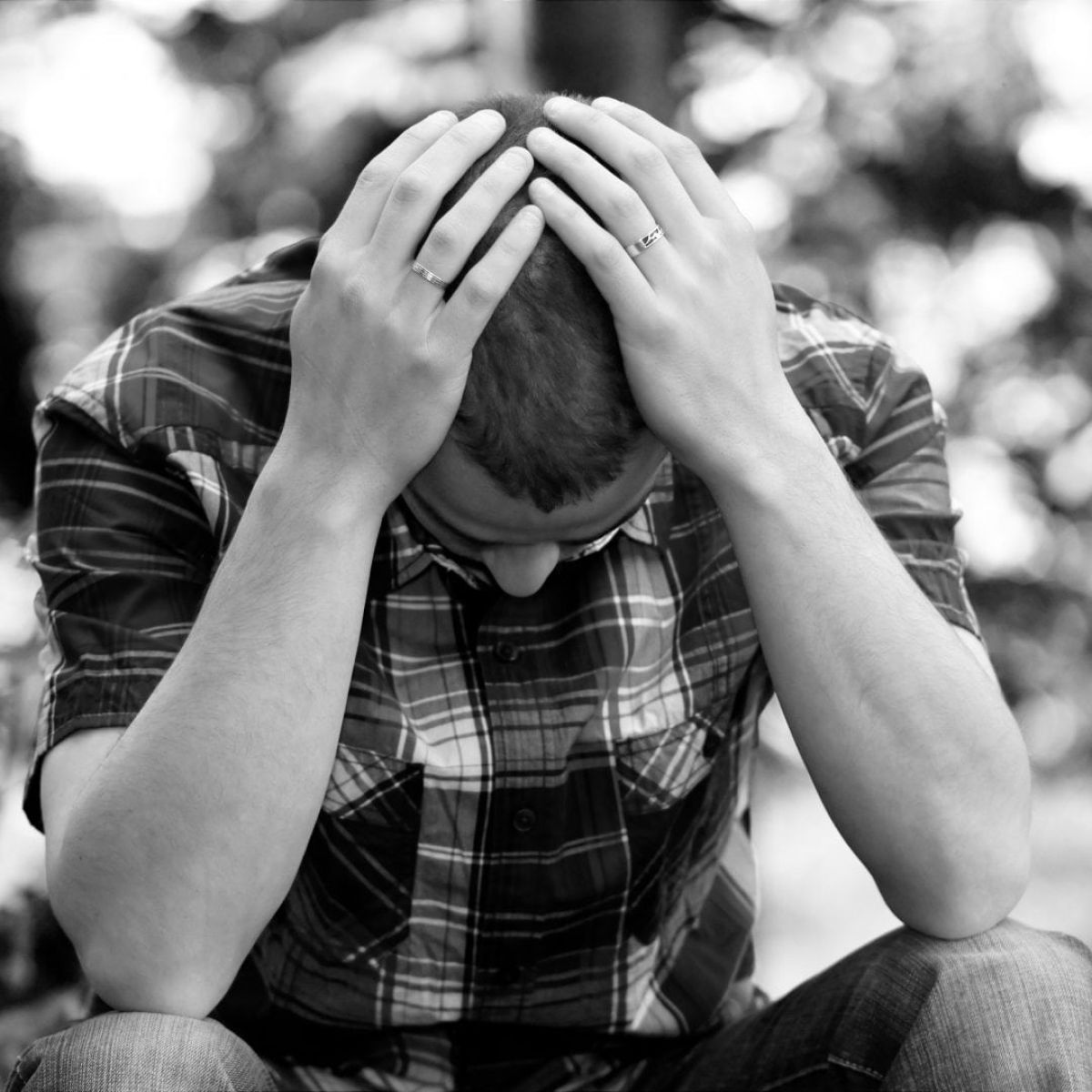LGB students at higher risk of suicide and self-harm
By Jacklin Kwan

New research by a team from the University of Manchester, Leeds Beckett University, Lancaster University, and Edith Cowan University has found that LGB students are at higher risk of self-harm and suicide attempts.
The study, published in the Archives of Suicide Research, looked at non-suicidal self-harm (such as hair-pulling, cutting, scratching, burning, or non-lethal drug usage), as well as actual suicide attempts. It found that 65% of LGB students had self-harmed over their lifetimes versus 41% of heterosexual students. 35% of LGB students were found to have previously attempted suicide compared to 14% of heterosexual students.
Participants from various faculties across two UK universities were asked to complete a survey that examined the correlation between LGB status and previous attempts of self-harm and suicide. The survey also assessed psychological variables that potentially explain such destructive behaviours such as anxiety, depression, self-esteem, and a sense of belonging.
The research suggested that a depreciated sense of belonging may account for the link between LGB status and suicide attempts. Negative self-esteem, or self-concept more broadly, was also linked to worse mental health outcomes for LGB individuals.
The paper references that many LGB youths face stigmatisation as a result of their minority status. LGB people face disproportionately high instances of social exclusion including discrimination, micro-aggression, and rejection from community networks. As a result, many previous studies have also found that LGB individuals have faced severe adverse impacts on their mental health.
The team recommended further investigation into these psychological mediators and their connections to LGB status. Dr Peter Taylor, a clinical lecturer at the University, noted that “surprisingly, there is little data on the psychological mechanisms that might explain the association between being lesbian, gay or bisexual, and self-harm in UK students”.
These findings corroborate much of the existing literature around the prevalence of mental health issues in the LGB community. Many previous psychiatric and clinical studies show that LGB people show disproportionate excesses of mental disorders, suicide, substance abuse, and deliberate self-harm.
The UK government has recently focused on improving mental health care facilities for young people, emphasising higher-education students. Dr Taylor added that, “prevention and intervention efforts directed at these psychological mediators by Universities may help to reduce risks in this population.
“Universities are already doing a lot of good things in this area such as counselling and psychological support which is targeted at LGB people.”
If you are experiencing any suicidal thoughts or desires to self-harm, please seek help. The University offers counselling services and mental health support. You can also contact confidential listening services such as Nightline (0300 003 7029) and Samaritans (0161 236 8000).







